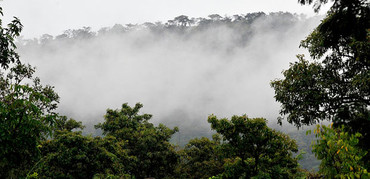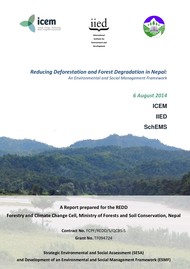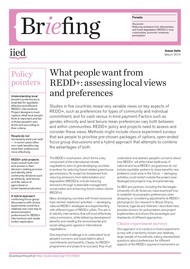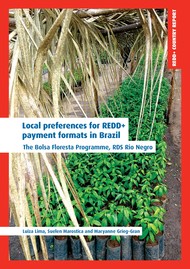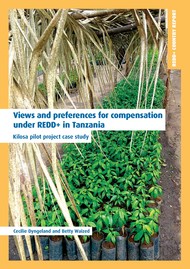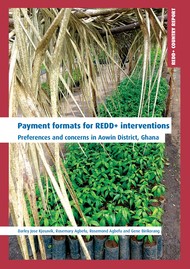REDD Working Papers: REDD and sustainable development – perspective from Brazil

Poverty and sustainable development impacts of REDD architecture is a multi-country project led by the International Institute for Environment and Development (IIED, UK) and the University of Life Sciences (Aas, Norway).
In the first phase of the project, exploratory studies of different aspects of the design of REDD mechanisms were conducted to lay the foundation for the work in Phase 2. These Working Papers are designed to share the preliminary findings of research undertaken during the first phase of this project. They have not been subject to a full peer review process and are being made available online to stimulate discussion and feedback.
This report looks at the implications of different approaches to reference level setting in REDD, taking an international approach and then applying this to the Brazilian national context to demonstrate the financial implications, resulting emissions reductions, and ultimately the viability of different approaches.
Using the OSIRIS model the report examines three core questions regarding REDD mechanisms: What is the cost efficiency – the USD spent to reduce one tonne of CO2e (equivalent) at different carbon prices? What is its effectiveness – the ratio between the carbon price and the cost per tonne of CO2e? And what is the Net Present Value of gross REDD revenue?
Cite this publication
Available at https://www.iied.org/g02913
